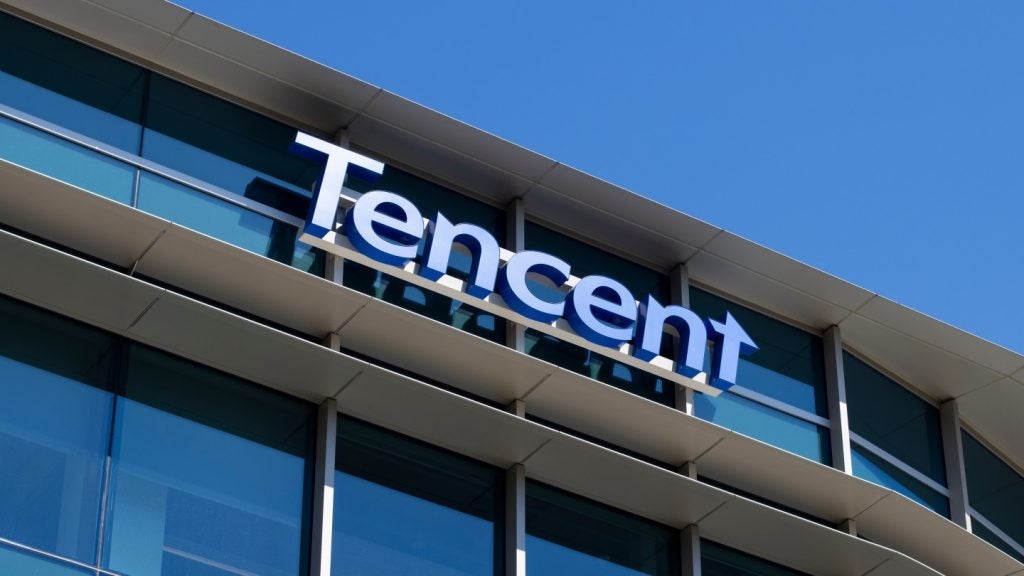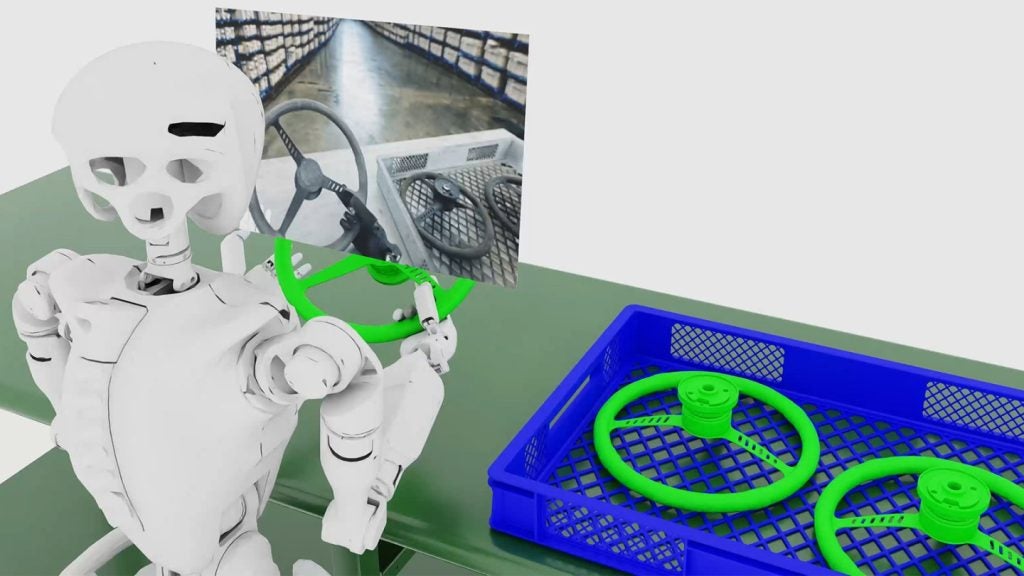The rising emissions of film studios have become a concern in recent years. The Sustainable Entertainment Alliance estimates that the average tentpole film emits 3,370 tons of carbon dioxide (CO₂), with around three-quarters of this being fuel and travel-related emissions. It begs the question; what initiatives are currently in place to reduce film and TV’s eye-watering environmental impact?
The term “sustainable production” has become a buzzword for the sector in recent years. It describes film production practices that seek to reduce emissions across pre-production, production, and post-production. It largely involves incorporating sustainability into elements such as location choice and set, prop, and waste management. Prominent examples of productions that have implemented the practice include True Detective: Night Country, Abigail, and The Mandalorian. What does sustainable production involve, how can it best be executed, and what needs to happen before it becomes a widespread initiative?
Virtual production
Most of the emissions in film production involve having to transport sets, props, and cast and crew to various locations across the globe, all with varying emissions profiles. Virtual production has emerged as a solution to this. It uses 3D rendering technology, often from a game engine such as Unreal, to construct photorealistic sets that are displayed on large LED screens. By reducing travel to physical locations, studios can cut costs and reduce the carbon emissions of film productions. Scenes are then edited in post to increase realism. The increase in virtual production was mainly driven by the Covid-19 pandemic.
The Mandalorian is a key example of virtual production’s success. Its carbon footprint is estimated to be 30 MTCO₂e less than a production of similar size.
While current estimates show that virtual production has much lower carbon emissions than traditional production, the shift towards tech-intensive production methods could have adverse climate impacts in the future if adopted on a wide enough scale, especially if the technology is AI-enabled.
On-set materials and waste
Several production services companies, especially in the UK, have emerged to help studios manage on-set waste. For example, Olio is a free app that facilitates the collection of surplus food from TV and film sets across the UK and Ireland. Across the pond, Ecoset is an LA-based recycling services company for the film and TV sector that implements a zero-waste policy. It collects things like scenic materials, set dressing, props, wardrobe, and scraps after use. It also collects hard-to-recycle items such as paint, packaging foam, and film plastics.
How well do you really know your competitors?
Access the most comprehensive Company Profiles on the market, powered by GlobalData. Save hours of research. Gain competitive edge.

Thank you!
Your download email will arrive shortly
Not ready to buy yet? Download a free sample
We are confident about the unique quality of our Company Profiles. However, we want you to make the most beneficial decision for your business, so we offer a free sample that you can download by submitting the below form
By GlobalDataCompanies have also emerged to help productions use more sustainable materials to build sets. For instance, Vectar is a Manchester-based studio that uses cardboard and paper to build sets. Vectar’s sets are made from timber waste and are fully recyclable. Its boards are much lighter than massive wooden panels, so their transport causes fewer carbon emissions. These companies are quickly growing their client bases and as they become more reputable, their use in popular productions will increase.
Standards, frameworks, and organisations
Several dedicated standards, frameworks, and organizations have emerged to provide guidelines, research, data, services, and clarity around sustainable film production. The most well-known example is BAFTA Albert, which helps film and TV companies calculate the predicted carbon emissions of a production and implement a Carbon Action Plan to reduce them. It is endorsed and supported by companies such as Paramount, Netflix, Sony Pictures, BBC, Sky, and Warner Bros. Other examples include the Sustainable Entertainment Alliance, Green Screen, Sustainable Film, and GREEN FILM.
Location choice is hindering sustainable production
One of the key hurdles to the widespread use of sustainable productions is location choice. Ideally, a production should take place in a country with a decarbonized electricity grid and low emissions profile. However, other factors go into a film’s choice of location such as scenery and resource availability. Paramount among these hurdles is tax incentives, which many countries offer to studios and production companies to expand their global profile as a filming location. The monetary benefits of this may supersede any sustainability pursuit.
In the future, studios should aim to incorporate sustainable initiatives from the ground up by working them into scripts. This will ensure that standards are fundamentally sought after and adhered to and that the most cost-effective routes of doing so are identified.









Related Company Profiles
Paramount Global
Paramount Resources Ltd
Paramount Group Inc
Netflix Inc
Sky Ltd